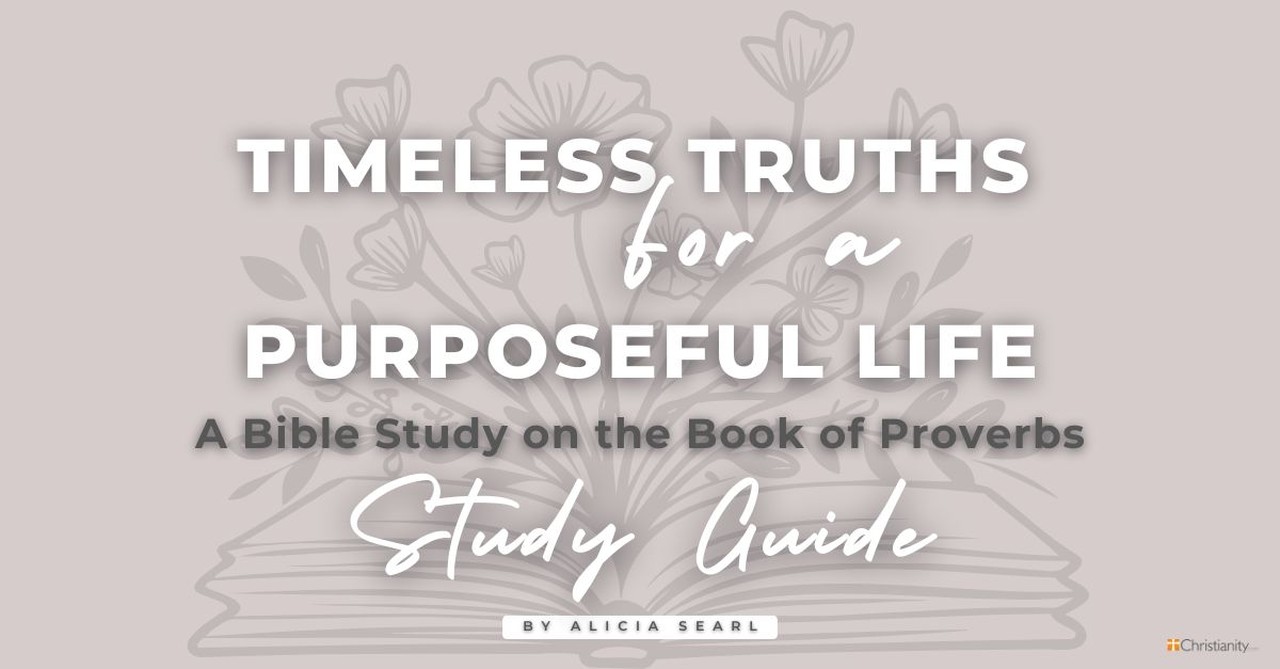Leviticus 25:23-45
23 'The land , moreover, shall not be sold permanently , for the land is Mine; for you are but aliens and sojourners with Me. 24 'Thus for every piece of your property , you are to provide for the redemption of the land . 25 ' If a fellow countryman of yours becomes so poor he has to sell part of his property , then his nearest kinsman is to come and buy back what his relative has sold . 26 'Or in case a man has no kinsman , but so recovers his means as to find sufficient for its redemption , 27 then he shall calculate the years since its sale and refund the balance to the man to whom he sold it, and so return to his property . 28 'But if he has not found sufficient means to get it back for himself, then what he has sold shall remain in the hands of its purchaser until the year of jubilee ; but at the jubilee it shall revert , that he may return to his property . 29 'Likewise, if a man sells a dwelling house in a walled city , then his redemption right remains valid until a full year from its sale ; his right of redemption lasts a full year . 30 'But if it is not bought back for him within the space of a full year , then the house that is in the walled city passes permanently to its purchaser throughout his generations ; it does not revert in the jubilee . 31 'The houses of the villages , however, which have no surrounding wall shall be considered as open fields ; they have redemption rights and revert in the jubilee . 32 'As for cities of the Levites , the Levites have a permanent right of redemption for the houses of the cities which are their possession . 33 'What , therefore, belongs to the Levites may be redeemed and a house sale in the city of this possession reverts in the jubilee , for the houses of the cities of the Levites are their possession among the sons of Israel . 34 ' But pasture fields of their cities shall not be sold , for that is their perpetual possession . 35 ' Now in case a countryman of yours becomes poor and his means with regard to you falter , then you are to sustain him, like a stranger or a sojourner , that he may live with you. 36 ' Do not take usurious interest from him, but revere your God , that your countryman may live with you. 37 'You shall not give him your silver at interest , nor your food for gain . 38 ' I am the Lord your God , who brought you out of the land of Egypt to give you the land of Canaan and to be your God .
39 ' If a countryman of yours becomes so poor with regard to you that he sells himself to you, you shall not subject him to a slave's service . 40 'He shall be with you as a hired man , as if he were a sojourner ; he shall serve with you until the year of jubilee . 41 'He shall then go out from you, he and his sons with him, and shall go back to his family , that he may return to the property of his forefathers . 42 'For they are My servants whom I brought out from the land of Egypt ; they are not to be sold in a slave sale . 43 ' You shall not rule over him with severity , but are to revere your God . 44 'As for your male and female slaves e whom you may have -you may acquire male and female slaves e from the pagan nations that are around you. 45 'Then, too , it is out of the sons of the sojourners who live as aliens among you that you may gain acquisition , and out of their families who are with you, whom they will have produced in your land ; they also may become your possession .


_639045351253598148.jpg)

Matthew Henry's Commentary on Leviticus 25:23-45
Commentary on Leviticus 25:23-34
(Read Leviticus 25:23-34)
If the land were not redeemed before the year of jubilee, it then returned to him that sold or mortgaged it. This was a figure of the free grace of God in Christ; by which, and not by any price or merit of our own, we are restored to the favour of God. Houses in walled cities were more the fruits of their own industry than land in the country, which was the direct gift of God's bounty; therefore if a man sold a house in a city, he might redeem it only within a year after the sale. This encouraged strangers and proselytes to come and settle among them.
Commentary on Leviticus 25:35-38
(Read Leviticus 25:35-38)
Poverty and decay are great grievances, and very common; the poor ye have always with you. Thou shalt relieve him; by sympathy, pitying the poor; by service, doing for them; and by supply, giving to them according to their necessity, and thine ability. Poor debtors must not be oppressed. Observe the arguments here used against extortion: "Fear thy God." Relieve the poor, "that they may live with thee;" for they may be serviceable to thee. The rich can as ill spare the poor, as the poor can the rich. It becomes those that have received mercy to show mercy.
Commentary on Leviticus 25:39-55
(Read Leviticus 25:39-55)
A native Israelite, if sold for debt, or for a crime, was to serve but six years, and to go out the seventh. If he sold himself, through poverty, both his work and his usage must be such as were fitting for a son of Abraham. Masters are required to give to their servants that which is just and equal, John 8:32. We cannot ransom our fellow-sinners, but we may point out Christ to them; while by his grace our lives may adorn his gospel, express our love, show our gratitude, and glorify his holy name.